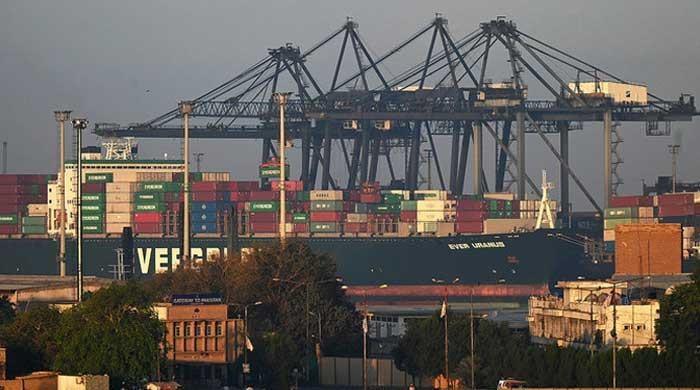Islamabad: a significant shortage of critical medical devices is paralyzing the health sector throughout the country, since the customs authorities stop shipments after the expiration of a registration exemption, the news reported.
Essential supplies, which include diagnostic kits, surgical tools, implants and monitoring equipment, are stranded in airports and ports, worsening an already precarious situation for medical care providers.
Importers and medical professionals warn that hospitals feel the tension, with crucial equipment that is not available for urgent procedures.
Customs officials have communicated with the Pakistan Drug Regulatory Authority (DRAP) to obtain guidance on whether to release the seized shipments or enforce the defeated exemption under SRO 224 (1) 2023, which changed on December 31, 2024.
As a result, numerous shipments of class A, B, C and D medical devices remain blocked at various entry points due to the requirement of a certificate of enlistment and registration.
Syed Omer Ahmed, president of the Pakistan Health Devices Association (HDAP), said: “The situation forced desperate importers to approach the Superior Court of Islamabad (IHC) for intervention. On January 30, 2025, the Court granted an order of suspension, expanding coercive action against the petitioners until their pending registration requests are resolved. “
Despite the court order, customs officials follow doubts, which leads to growing charges of delays and shortage of worsening in hospitals.
Ahmed emphasized that the inaction and ambiguity of customs (operations) and DRAP to provide clear directives to the provincial customs authorities, despite the IHC stay order, had already presented a devastating impact on the health industry.
Although DRAP had recommended an extension of the exemption period and sent the notice to the Prime Minister’s office through the Ministry of National Health Services, the Government has not issued a formal notification by the Government.
“Meanwhile, customs authorities still are clear about how to proceed and have sought more clarity of DRAP, which has not yet provided a definitive response,” said Ahmed.
By expressing serious concerns about bureaucratic delays, he warned that the lack of resolution of this regulatory bottleneck is causing deterioration in the condition of imported devices in ports and airports, which potentially leads to its complete loss.
“Medical devices oxidize at the entrance points, while patients suffer due to shortage,” he added.
The situation is exacerbated by the absence of a permanent CEO in DRAP, since the regulatory body has been without leadership since the retirement of As As Rauf two weeks ago.
A senior DRAP official, who spoke on condition of anonymity, admitted that they were preparing to formally instruct the customs authorities to act in accordance with the Court’s board.
“Interpreting judicial orders is not Drap’s responsibility. We are writing to customs officials to follow the IHC ruling. If you have any questions, they should seek legal guidance,” said the official.
Pakistan depends largely on imported medical devices, which are essential for surgical procedures, diagnosis and emergency interventions.
In 2017, DRAP introduced the rules of medical devices, which included rule 52, allowing an exemption period for the registration of medical devices. This exemption was extended in 2021 and 2022 to provide DRAP with time to regulate thousands of previously not registered devices.
Despite the repeated judicial orders that order DRAP to accelerate the registration process, thousands of applications remain pending, leaving importers in limbo and threatening the availability of essential medical supplies.
Hospitals throughout Pakistan already face a serious scarcity of diagnostic kits, implants and surgical tools, which leads to canceled procedures and careful patient care.
The reports of the main health facilities indicate that delays in obtaining crucial medical equipment are forcing doctors to postpone surgeries that save lives.
Privileged information acknowledged that the regulator lacks human resources to process pending applications efficiently, resulting in repeated delays in the issuance of exemptions.




